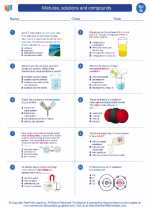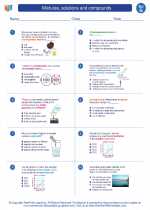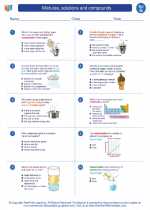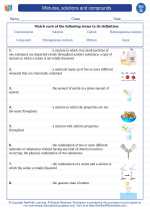Brain
The brain is the most complex organ in the human body and is responsible for controlling all the body's functions. It is made up of billions of nerve cells called neurons, which communicate with each other through electrical and chemical signals. The brain is divided into different regions, each responsible for specific functions such as thinking, memory, emotion, and movement.
Parts of the Brain
The brain is divided into three main parts: the cerebrum, the cerebellum, and the brainstem.
- Cerebrum: This is the largest part of the brain and is responsible for thinking, memory, and controlling voluntary movements.
- Cerebellum: This part of the brain is located at the back of the head and is responsible for balance, coordination, and fine muscle control.
- Brainstem: The brainstem is located at the base of the brain and is responsible for controlling basic functions such as breathing, heart rate, and digestion.
Functions of the Brain
The brain has several important functions:
- Thinking and Memory: The cerebrum is responsible for thinking, reasoning, and storing memories.
- Movement: The brain sends signals to the muscles to control voluntary movements.
- Emotion: The brain processes and regulates emotions.
- Sensory Processing: The brain receives and interprets signals from the senses, such as sight, sound, touch, taste, and smell.
Study Guide
- What are the three main parts of the brain?
- Which part of the brain is responsible for thinking and memory?
- What is the function of the cerebellum?
- What are some of the functions of the brain?
- The three main parts of the brain are the cerebrum, the cerebellum, and the brainstem.
- The cerebrum is responsible for thinking and memory.
- The cerebellum is responsible for balance, coordination, and fine muscle control.
- Some functions of the brain include thinking, memory, movement, emotion, and sensory processing.





